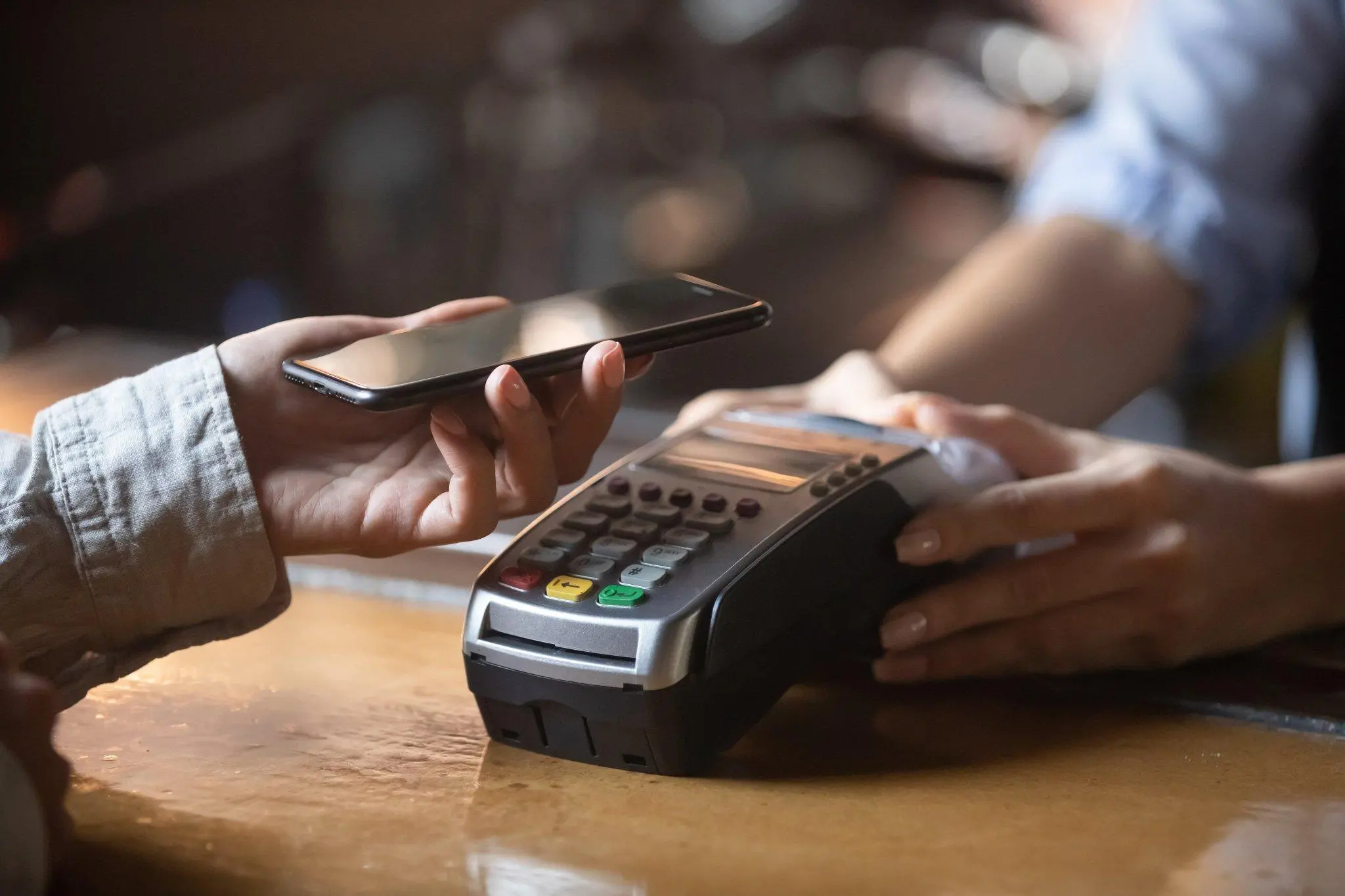PHOTO
The Covid-19 pandemic has resulted in a unique ecosystem where the growth in digital payments and financial services will be a key contributor to the UAE's economic recovery, experts said at the DigiPay 2020: The Future of Digital Payments Summit.
Presented by Khaleej Times, the webinar brought together several experts and industry leaders to highlight the current challenges and opportunities in the digital payments sector. The virtual platform is also designed to help organisations looking at building or upgrading their payment infrastructure to better serve the needs of today's consumers.
In his opening address, Shahebaz Khan, general manager - UAE, Visa, described the Covid-19 pandemic as "unprecedented", but noted that digitization and the economic recovery of the UAE go "hand in hand."
"Small and medium businesses have been some of the worst hit during this pandemic," he said. "Even businesses that had an active disaster prevention protocol and strategy could not cope completely with the challenges that this pandemic created. We saw that 80 per cent of SMEs in the UAE have had their revenues negatively impacted. Our Visa Impact Tracker also showed that most consumers have reduced their spending, and this has led to an 86 per cent fall in consumer shopping frequency."
Khan also spoke about how consumer behavior has changed with shopped taking to online sites that promise contactless payments and deliveries.
"Buying online has significantly increased, as have contactless payments," he said. "We expect this to continue and define the new reality. Right now, the focus is on how to help small businesses get online quickly."
He explained that 92 per cent of merchants in the UAE still have concerns about shifting their businesses online, compared to over 40 per cent worldwide. As a result of the pandemic, 50 per cent of cash only merchants have been impacted.
"We see a unique opportunity to propel digital payments in the region," Khan said. "However, there are challenges. We have to make e-commerce transactions more secure and frictionless. Research shows that 58 per cent of shoppers have abandoned their carts due to a delay in payments or due to a bad online experience. This is something that we can't afford as online grocery orders have been booming.
Similarly, Ambareen Musa, CEO of Souqalmal.com, noted that the trends have completely changed when it comes to digital payments.
"Trust is a big element," she stressed. "Building trust in the finance sector is going to be key. Amazon and noon have done amazing in building trust and encouraging online payments. But, there is still a large population that pays cash on delivery. We have seen that when people are forced to do something because there is no other option open to them, then they will do it eventually."
This, she said, has been true not only for online payments, but also for people buying insurance online. "Our research showed that 65 per cent of consumers looked into getting insurance for the first time online during the pandemic, and they said that they intend to continue getting it online in the future."
Frederic de Melker, managing director of Personal Banking at RAKBANK, also highlighted the latest in fintech that is providing consumers with better experiences.
"Fintech in the region currently is struggling with reach, while banks struggle with relevance," he stated. "If you are capable of merging both, then you hit the road for the future. Many times, you have to convince businesses that digital payments is the way forward. Look at the problems that you are dealing with, figure out relevance, and build your reach. Everybody with reach has a part to play in this new ecosystem. However, human interface is also important, because it is frustrating not being able to communicate if you run into a problem."
Copyright © 2020 Khaleej Times. All Rights Reserved. Provided by SyndiGate Media Inc. (Syndigate.info).





















